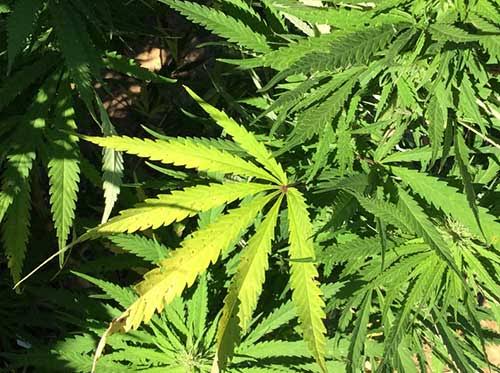The debate surrounding marijuana legalization continues to evolve across the United States, with varying degrees of acceptance and opposition shaping state laws and public opinion. While marijuana remains illegal under U.S. federal law, a growing number of states have moved to legalize the drug for both medical and recreational use, reflecting shifting attitudes and ongoing policy changes.
According to the National Organization for the Reform of Marijuana Laws (NORML), 24 states and the District of Columbia have legalized marijuana for recreational purposes, while 38 states and the District of Columbia have established regulations allowing for medical cannabis use. This trend underscores a broader shift in public sentiment towards marijuana, with an overwhelming majority of adults expressing support for legal access in some form.
A recent Pew Research Center survey revealed that 88% of adults believe marijuana should be legal either for medical use only (32%) or for both medical and recreational use (57%). This widespread support is reflected in ongoing legislative efforts across several states aiming to expand access to cannabis.
In 2024, several states are actively moving towards legalizing recreational marijuana, marking significant milestones in the legalization movement:
Hawaii:
Hawaii’s state Senate recently passed a bill to legalize recreational marijuana, with plans to implement legalization by January 1, 2026. The measure received strong support in the Senate (19-6), and Governor Josh Green has signaled his intention to sign the bill into law pending approval by the House.
South Dakota:
Advocates in South Dakota are pursuing another attempt to legalize marijuana through a ballot initiative in November. The “South Dakotans for Better Marijuana Laws” group must collect sufficient signatures by May 7 to secure a vote on legalization. Despite previous setbacks, proponents remain committed to advancing cannabis reform in the state.
New Hampshire:
Following recent developments, New Hampshire is poised to advance recreational marijuana legislation. A bill endorsed by the state House would authorize adult use of marijuana, pending approval by the state Senate. Governor Chris Sununu has shifted his stance on legalization, acknowledging the majority support among residents and emphasizing harm reduction over profit-driven policies.
Florida: Advocates in Florida have made substantial progress towards legalizing recreational marijuana. The “Smart & Safe Florida” campaign garnered over 1 million petition signatures to place a constitutional amendment, known as Amendment 3, on the November ballot. If approved by voters with at least 60% support, this measure would permit non-medical use of marijuana products and accessories by adults aged 21 and older.
Pennsylvania:
Democratic Governor Josh Shapiro has advocated for marijuana legalization in Pennsylvania as part of his state budget proposal. Lawmakers are currently considering legislative measures to legalize recreational use, reflecting evolving attitudes towards cannabis policy in the state.
These initiatives highlight the complex dynamics of marijuana policy in the United States, where shifting public attitudes and regulatory changes continue to shape the landscape of cannabis legalization. As momentum builds towards broader acceptance of recreational marijuana, advocates and policymakers navigate diverse perspectives and considerations in pursuit of equitable and effective cannabis policies.











